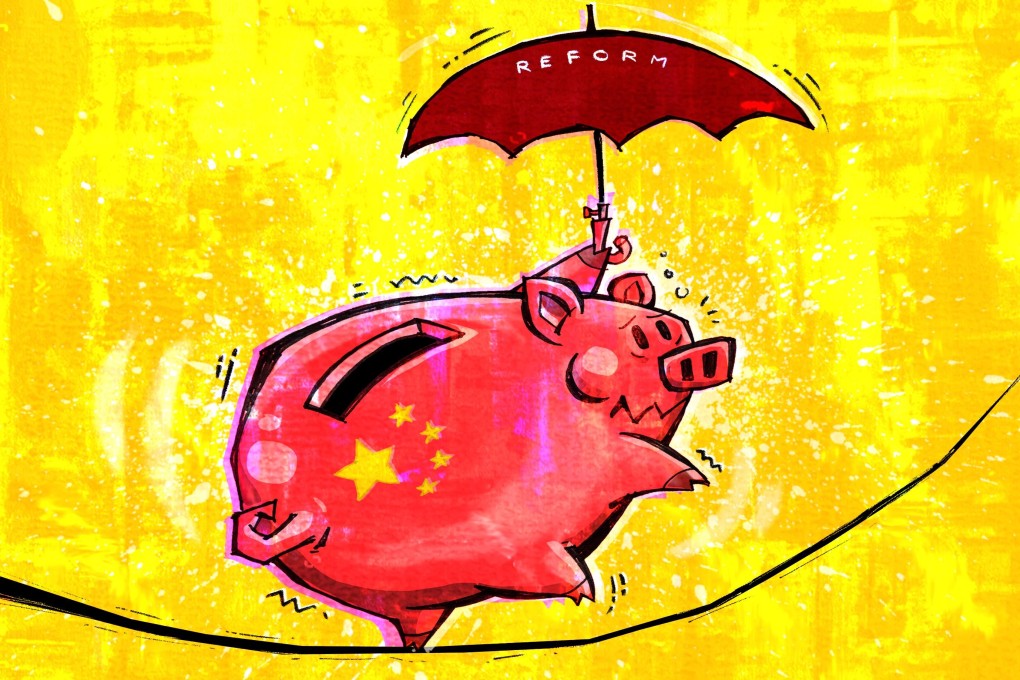Will China’s third plenum bring a solution to its local fiscal woes as debts snowball?
- There is a fiscal gulf between China’s central and local governments, and it is seen as a hurdle to healthy and sustainable development ahead of the third plenum

On a morning in early April, when the onset of spring could feel like winter in China’s coldest region, commuters headed to work, unaware of the inconvenience that awaited.
At bus stops across Nenjiang, a northeastern rust belt city of 400,000 people in Heilongjiang province, notices proclaimed that “all urban bus routes are suspended”.
“Bus operators have suffered heavy losses due to an adjustment of the government’s bus subsidies, oil-price hikes, driver wage increases, and the falling population,” said the notice that went viral on Chinese social media.
It marked another example of a Chinese city having found itself in dire financial straits amid a post-pandemic economic slowdown, property crisis and crippling debt, with at least 20 having reported suspensions of bus services since 2022.
And even though such interruptions are quickly addressed, with local authorities vowing to step in with emergency funding, such instances are widely regarded as a sign of weakening local fiscal capabilities.
The government’s economic capability to enforce social and administrative governance has been greatly weakened